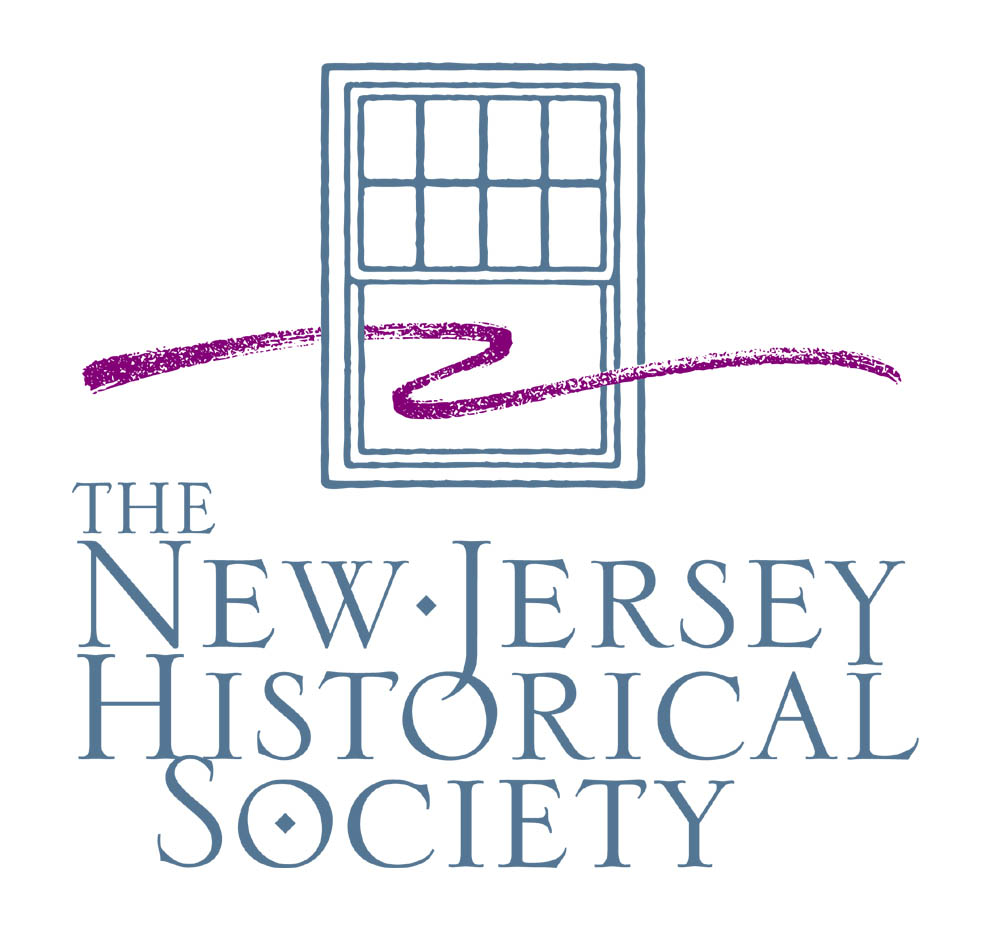Manuscript Group 81, Guide to the Camp Family Record Books 1752-1837 (Bulk 1800-1830)
TABLE OF CONTENTSDescriptive Summary Container List |
 MG 81 The New Jersey Historical Society Finding aid encoded by Julia Telonidis. November 2005. Production of the EAD 2002 version of this finding aid was made possible by a grant from the Andrew W. Mellon Foundation. Finding aid written in English. Biographical NoteThe Camp family were early settlers of the town west of Newark, New Jersey that was first referred to as The Farms or Newark West Farms, later called Camptown, and now known as Irvington, New Jersey. In the 1740s, Joseph Camp (1710-1780) established and ran West Farms’ only general store, he acquired shares in the Great Swamps Sawmill on the Elizabeth River, and he ran a cider and vinegar mill and a distillery. Caleb Camp (1732-1817), Joseph’s eldest son, helped his father in the store from an early age, eventually taking it over in 1771. He also ran a gristmill and the sawmill; manufactured cider, vinegar, and spirits; financed a shipyard; sold timber from his many landholdings; and was a partner in a distilling company with Matthias Bruen. Caleb Camp also held many public offices from 1762-1812 including: overseer and surveyor of the highways, county freeholder, overseer of the poor, commissioner of tax appeals, judge of elections, town committeeman, town clerk, moderator of the annual town meeting, and high sheriff of Essex County. He was elected to the New Jersey Provincial Congress in 1775, was one of New Jersey’s assemblymen from 1777-1781 and 1793, and was elected speaker of the Assembly in 1778. He was also a trustee of the First Presbyterian Church of Newark. Due to the deaths of his first two wives, Caleb Camp married three times, first to Sarah Johnson (1737-1762), then to Abigail Moore, the mother of his three sons, and lastly in 1813 to Lydia Cooper. His sons were Jabez Johnson Camp (1766-1767), David Camp (1767-1803), and Joseph Wheeler Camp (1784-1838). Joseph W. Camp also followed in the family businesses running the general store, the sawmill, the cider mill and the distillery. Stephen B. Camp, probably Joseph W. Camp’s son, left Camptown and went into business with Isaac W. Baldwin, opening a general store called Baldwin & Camp in New York City. Return to the Table of Contents Scope and Content NoteThis collection is made up of the business record books of Joseph Camp (1710-1780), Caleb Camp (1732-1817), Joseph Wheeler Camp (1784-1838), and Stephen B. Camp. The volumes run from 1752-1837 with bulk dates of 1800-1830 and document the Camp Family’s various businesses: the general store, the sawmill, cider mill, and distillery. The majority of the volumes are account books and daybooks that either trace all business transactions (including those of the store, the mills, and the distillery) or the sale of one product (either cider, spirits, or apples). Account book entries are by person and are usually indexed. Each account usually has a debit and a credit side, and each entry specifies date, purchase/job, and price. Since hard money was in short supply, townspeople often bartered for store goods, mill products, or use of the mill with farm products, labor, or other items. Typical entries in the volumes include the purchase or trade of Indian corn, buckwheat, lumber, spirits, cider, vinegar, potatoes, wheat, and flour, or include such jobs as carting stones, repairing barrels, making trousers, schooling children, or sawing planks. Daybooks entries are chronological and specify person, purchase/job, and either price or amount bought. The Cider, Spirits, and sometime Apple books trace the amount bought of a particular item, measured in barrels for cider; in gallons, quarts, and pints for spirits; and in bushels for apples. The Apple books in this collection sometimes trace all store and mill business transactions. The collection also contains record books from Caleb Camp and Matthias Bruen’s distilling business and from Stephen B. Camp’s general store Baldwin & Camp, which was located in New York City. There is also an account book tracing the money and services donated for the building of Camptown’s Schoolhouse in 1806-1810, a receipt book that Joseph W. Camp used as the executor of Caleb Camp’s estate in 1817-1818, and a record book for auctions conducted by Joseph W. Camp in 1833-1834. Return to the Table of Contents Return to the Table of Contents Related MaterialManuscript Group 79, Caleb W. Bruen (1768-1846), Cabinetmaker and Distiller. Manuscript Group 302, Osgood and Company Records (Contains Baldwin & Camp records) Return to the Table of Contents Administrative InformationPreferred CitationThis collection should be cited as: Manuscript Group 81, Camp Family Record Books, The New Jersey Historical Society. Acquisition InformationFour record books were transferred into this collection at the time of processing. Manuscript Groups 80, 81, and 82 all related to the Camp Family and were probably part of one accession since their MG numbers were sequential. MG 80, MG 82, and also MG 236 (made up of Joseph W. Camp’s 1806-1818 daybook) each consisted of one volume and were therefore joined with the larger Camp Family collection in MG 81. The last of the volumes transferred, Joseph W. Camp’s 1797-1818 account book, was located in MG 146, Nichols Family Record books. When these record books were transferred to MG 1012, Nichols Family Papers, the Camp volume was moved to this collection. The original source of acquisition for these materials is unknown. Return to the Table of Contents BibliographyCamp Family, Family File, The New Jersey Historical Society. Shaw, William H. History of Essex and Hudson Counties, New Jersey. Everts & Peck: Phildelphia, 1884. Siegel, Alan A. Out of Our Past: A History of Irvington, New Jersey. Irvington Centennial Committee: Irvington, New Jersey, 1974. Return to the Table of Contents Container List |

